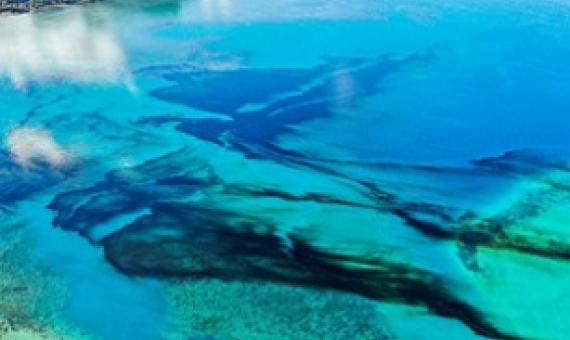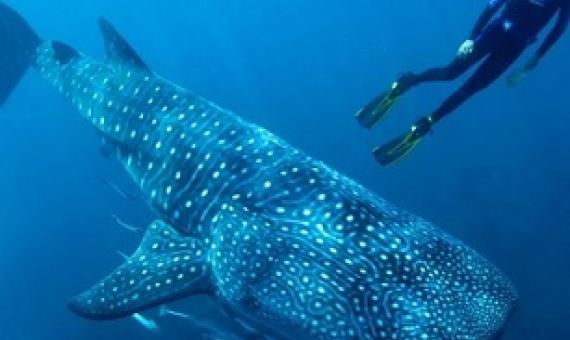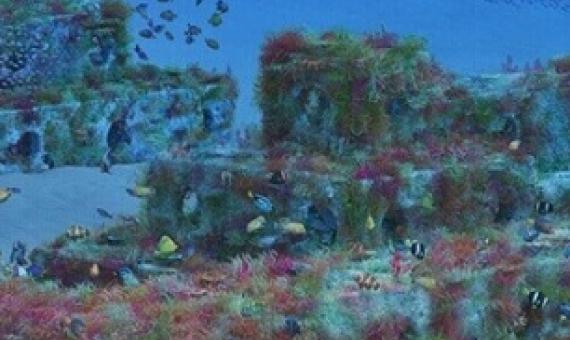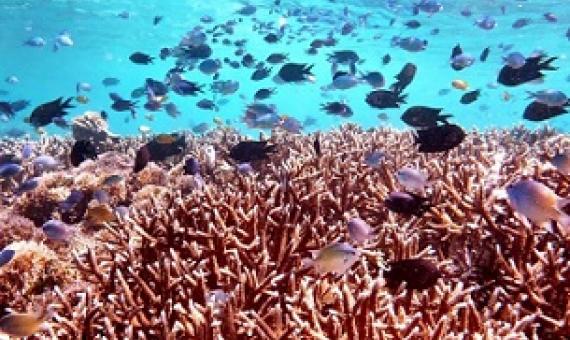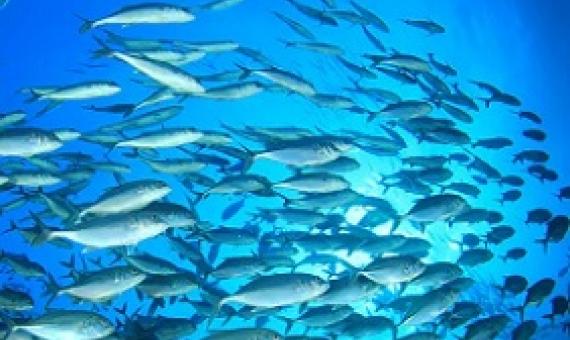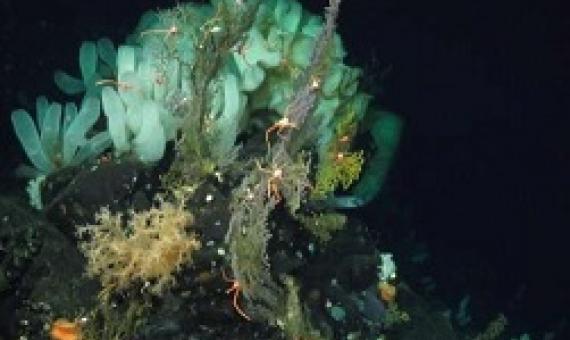When the cargo ship MV Wakashio ran aground on a coral reef on the southeast tip of Mauritius, in the Indian Ocean almost exactly a month ago, it unleashed a vast oil spill.
Blue Action Fund is interested in setting up a network of evaluators of its grant programme. To that effect, it is seeking Expressions of Interest from qualified candidates in Latin and Central America, East and West Africa and Asia-Pacific.
The agreement provides for the joint management and joint vesting of the existing Ningaloo Marine Park (260,000 hectares) and Cape Range National Park (50,000 hectares), as well as the creation of about 78,000 hectares of new conservation areas extending over approximately 215 kilometres of the N
Artificial reefs are vital for protecting offshore wind farms from tidal erosion. But the plastic-based reefs can also be detrimental to the ocean. One company is working to reduce the amount of plastic present in the ocean with its innovative plastic-free blocks—called Reef Cubes.
Rights of Nature: Perspectives for Global Ocean Stewardship
The development of a new international legally binding instrument for the conservation and sustainable use of marine biodiversity beyond national jurisdiction (BBNJ agreement) is in the final negotiation phase. Legal recognition of rights of nature is emerging worldwide as a fresh imperative to preserve ecological integrity, safeguard human wellbeing, broaden participation in decision-making, and give a voice to nature – but so far exclusively within national jurisdiction. In this paper, we consider how a Rights of Nature perspective might inform the BBNJ agreement.
Traditional knowledge and the BBNJ instrument
Indigenous Peoples and local communities (IPLCs) are the holders of a vast amount of traditional knowledge of the ocean and its resources.
A Better World (Vol.6)
With the establishment of the United Nations Sustainable Development Goals (SDGs) in 2015, the Human Development Forum launched a series of publications entitled A Better World, each volume dedicated to one of the 17 SDGs. This volume, published in June 2020, covers Goal 14 — Conserve and sustainably use the oceans, seas and marine resources for sustainable development. It is our belief that enhancing the contribution of marine biodiversity is hugely beneficial to the world in general, and to the future of small island developing states and least developed countries in particular.
New UCLA research indicates that an evolutionary phenomenon never before observed among marine life could help explain why there is such immense biodiversity in the world’s coral reefs and the ocean beyond.
Oceans cover 70 per cent of the Earth’s surface.
The world's deep oceans are warming at a slower rate than the surface, but it's still not good news for deep-sea creatures according to an international study. The research, led by University of Queensland Ph.D.

